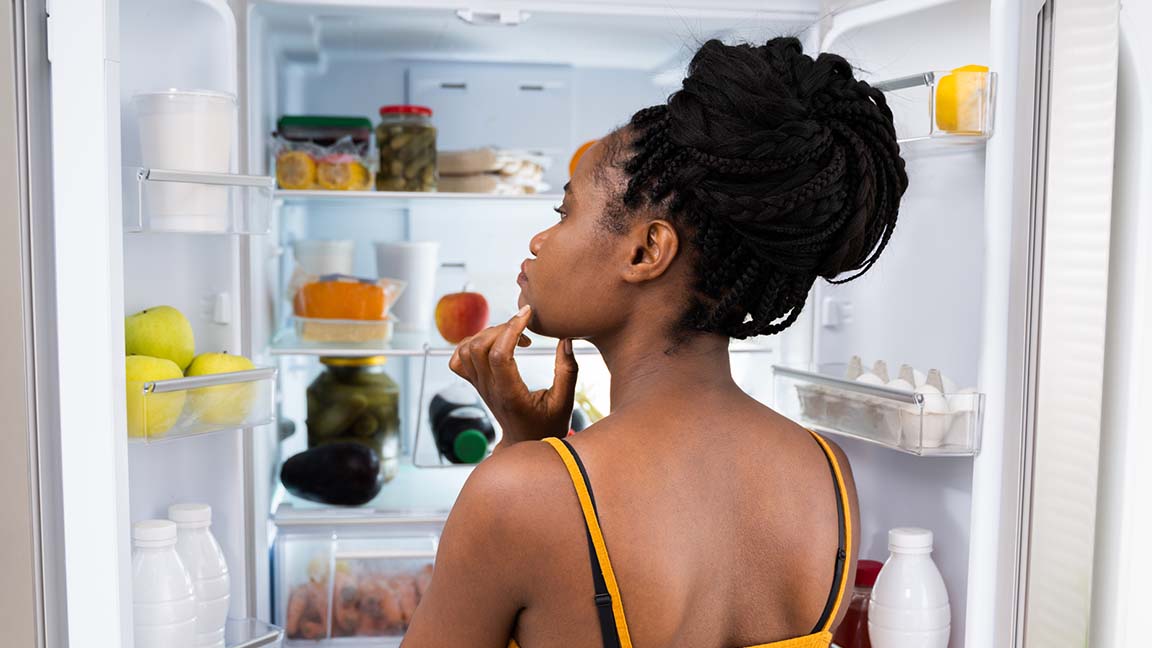Leftovers can be a blessing when it’s late or you’re tired and not up to the task of cooking a meal. But how long do they stay safe to eat?
Jamie Kandora, clinical nutrition manager at Tidelands Health, says preparing healthy food in advance can be an excellent way to maintain a proper diet when you lead a busy life. Still, it’s important to be careful when eating previously prepared meals that have been sitting in the fridge for a few days — even if they seem visually OK.
“Leftovers are generally safe for up to four days,” she says. “But you’ll want to evaluate them before you eat them. If there’s any question, throw them away.”
Bacteria
Bacteria are what causes food to rot and smell bad. As bacteria consume your leftovers, they release byproducts that make spoiled food smell less than appetizing.
Bacteria exist in all of our food even after cooking and freezing; they are never completely eliminated. So, when food goes “bad” in the fridge, it’s because the bacteria in the leftovers have multiplied.
However, you can minimize the danger and increase the life of your leftovers by following some simple food handling and storage guidelines. For example, do not allow foods to remain unrefrigerated for more than two hours after cooking.
“You really want to minimize the time the leftovers are in what we call the danger zone between 40-140 degrees,” Kandora says. “Anything in that range provides an ideal environment for bacteria to multiply rapidly.”
When you’re ready to eat your leftovers, you also need to be careful with temperatures.
“All leftovers should be reheated to an internal temperature greater than 165 degrees,” Kandora says. “That will help kill bacteria that can make you sick.
Kandora notes that some bacteria that is extremely heat resistant, which is also why proper storage is so important.
“If you go out to eat and you bring leftovers home, store the food in a new, airtight container instead of the easy-close Styrofoam containers restaurants often give you,” she says. “That can help keep it fresh longer.”
More tips
A few other suggestions:
- Freezing food is a good idea if you think you’re not going to eat your leftovers promptly. Frozen food can say safe to eat for extended periods.
- The two-hour rule for food being left out of the fridge is not foolproof. If you’re outside at a summer picnic or it’s very warm, get the food into the fridge as soon as possible.
- Protein-rich foods like chicken and other kinds of meats are susceptible to the most harmful strains of bacteria, so you’ll want to be extra careful with those foods.
- Bacteria grow faster in moist environments. Drier foods will last longer in the fridge.
- If you’ve made a large batch of something, try splitting it up into several containers and placing those containers in the fridge. This will cool the food down faster and minimize the time the food will be in the danger zone.
If you have any other questions about leftovers or food safety measures, the Centers for Disease Control and Prevention offers helpful resources on proper food handling.







